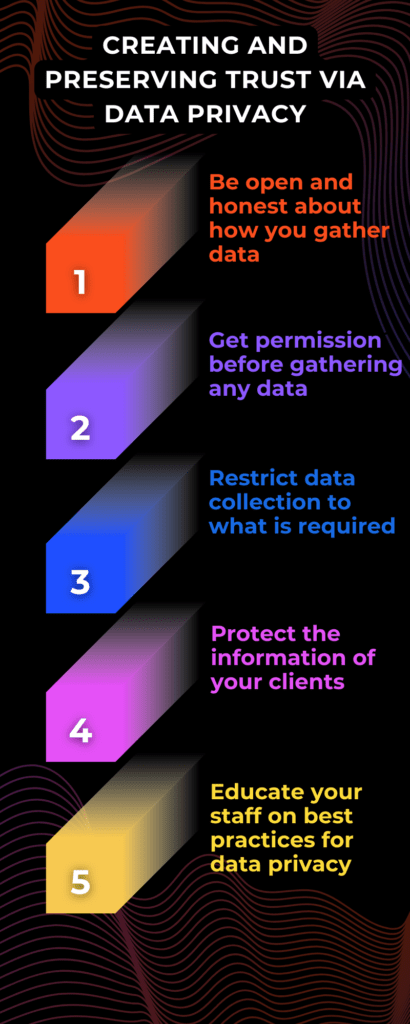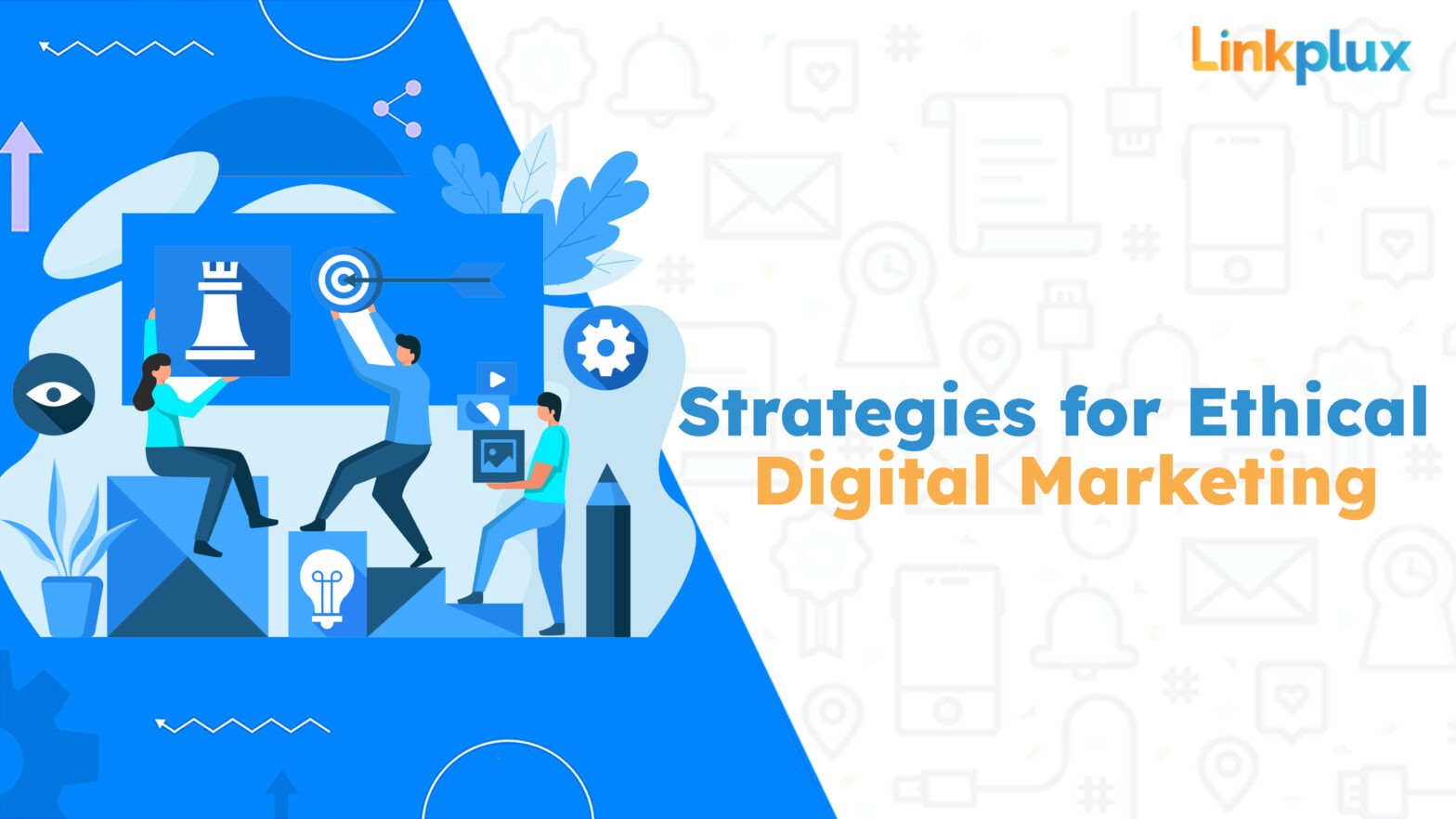It’s like a double-edged sword in this information age. In one sense, we are incredibly good at using customised marketing campaigns to connect with audiences in a way that has never been done before. On the other hand, we bore a major portion of the responsibility for data protection. The act of promoting products or services in a way that is responsible and truthful is known as ethical marketing. This implies that businesses should think about how their marketing affects society at large and consumers instead of just concentrating on making money.
Preserving Privacy: Essential for Contemporary Marketing:
We’ve all heard tales of identity theft, unauthorized data entry, and businesses selling customer information without permission. That should be enough to make a marketer shudder. Data privacy has consequently gained significance in marketing.
comparable to the adage, “Great power comes great responsibility.”It’s truer than ever in the modern marketing industry, though. Customers are holding companies more responsible and are growing more conscious of their rights regarding data protection. Put simply, data privacy must come first if you want to succeed in marketing.
Creating and Preserving Trust via Data Privacy:
So, in this day and age, how do we establish trust with your audience? It all comes down to honesty, decency, and a sincere desire to safeguard the information of our clients.

Managing Privacy Concerns and Personalized Marketing:
The use of personalized marketing analytics by companies to target particular client segments with their messaging and products has grown in popularity.
But it’s critical to strike a balance between privacy concerns and tailored marketing strategies. Consumers cherish their privacy while simultaneously expecting personalized experiences.
The Role of AI in Data Privacy and Marketing Ethics:
In order to more effectively target customers, marketing is using AI and machine learning more and more. However, they also bring up a few issues. The following is how to use them morally:
Conclusion:
Ethics in marketing and the protection of people’s data are critical issues in modern society. Laws protecting privacy must be followed, and marketers must be transparent about the use of data. Grouping or anonymizing data allows them to still learn valuable information without having access to personal information. Striking the ideal balance between learning and privacy is crucial. It is imperative that people have choices regarding their data and advertising. Openness and honesty are qualities that customers find trustworthy when dealing with businesses.
FAQ’s
How does data privacy impact marketing efforts?
Data privacy shapes marketing by deciding how companies can gather and use customer information, ensuring it’s done responsibly.
What does a privacy policy entail in the realm of marketing?
In marketing, a privacy policy tells customers how their data is collected, used, and protected, keeping things transparent and following laws.
How is customer privacy addressed within marketing practices?
Customer privacy in marketing means respecting and keeping safe the personal information customers share, giving them control over it.
What significance does data privacy hold?
Data privacy’s job is to keep personal information safe, build trust between businesses and customers, and follow the rules.
What objective does data privacy serve?
Data privacy exists to protect people’s right to control their personal information, keep it safe from unauthorized use, and make sure companies are honest about how they handle it.

